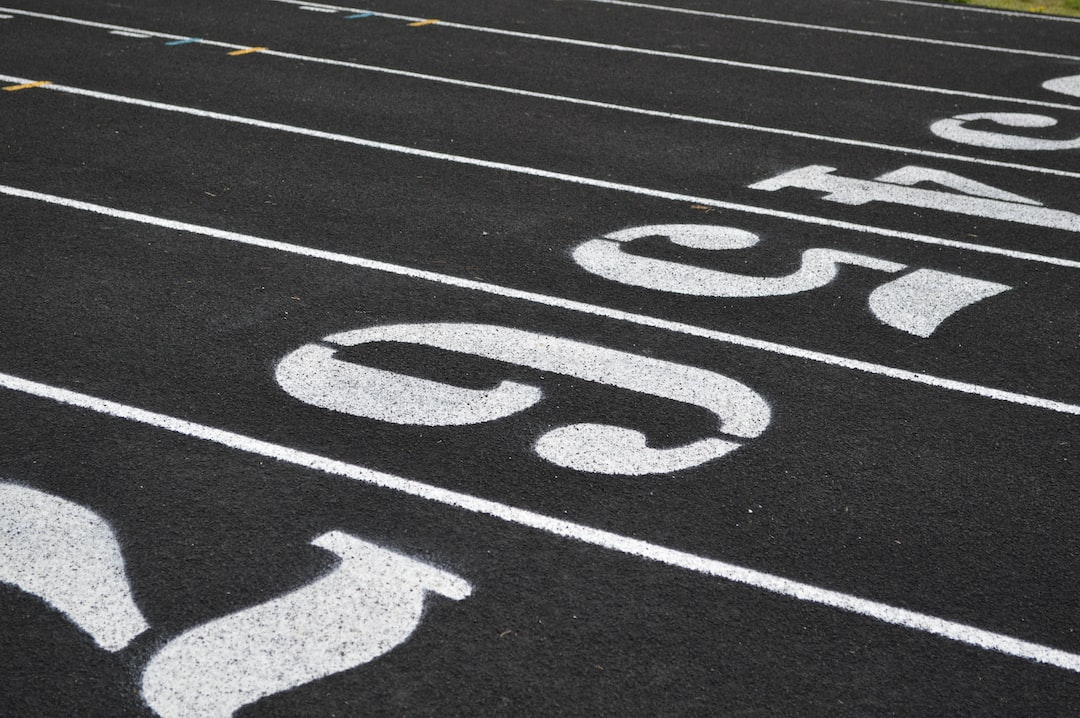The Role of Coaches in Athletics: Mentoring and Training Athletes
Athletics is a vast field that encompasses various sports, from running to team sports like basketball or soccer. In order to excel in these sports, athletes require proper guidance and training. This is where coaches come in, playing a pivotal role in the development of athletes. Coaches have a multifaceted role, acting as mentors, trainers, motivators, and strategists to help athletes achieve their full potential.
One of the primary functions of a coach is to act as a mentor to athletes. They provide guidance and support, both on and off the field. Coaches have a profound impact on the personal and character development of athletes. They instill values like discipline, perseverance, and sportsmanship in their athletes, which extend beyond the realm of athletics.
Mentoring is not limited to the technical aspects of the sport; it also involves providing emotional support and fostering a positive environment for athletes. Coaches often act as a confidant and help athletes deal with the pressures and challenges they face. By offering encouragement and advice, coaches play a crucial role in nurturing the mental and emotional well-being of athletes.
In addition to mentoring, coaches play a key role in training athletes to enhance their skills and performance. They are responsible for designing training plans, organizing practice sessions, and evaluating the progress of athletes. Coaches use their expertise and experience to identify the strengths and weaknesses of athletes and tailor training programs accordingly.
Training athletes involves not only physical conditioning but also honing technical skills and tactical knowledge. Coaches focus on improving the fundamental skills of athletes, such as agility, strength, speed, and endurance. They also teach athletes the nuances of the sport, including strategies, game plans, and positioning, thereby helping them become more proficient in their respective sports.
Moreover, coaches are responsible for monitoring the progress of athletes and providing feedback to facilitate their improvement. Through regular assessments and performance evaluations, coaches identify areas where athletes can make progress and offer constructive criticism. This feedback is pivotal in helping athletes identify their weaknesses and work towards overcoming them.
Coaches also play a crucial role in motivating athletes. Sports can be mentally and physically demanding, and there are times when athletes may become disheartened or lose motivation. Coaches are adept at recognizing such moments and offer encouragement to push athletes to strive harder. They help athletes set goals, create a sense of purpose, and develop a winning mindset.
Furthermore, coaches are responsible for creating a team environment and fostering camaraderie among athletes. They emphasize the importance of teamwork, cooperation, and respect for fellow teammates. Through team-building activities and exercises, coaches promote unity and collaboration, which are essential for success in team sports.
Coaches not only focus on the short-term development of athletes but also play a long-term role in their careers. They help athletes set realistic goals and devise long-term plans to achieve them. Coaches assist in identifying talent, guiding athletes towards suitable competitions, and creating opportunities for growth and advancement. They provide insights into the world of professional sports, imparting knowledge about scholarships, sponsorships, and career paths.
In conclusion, coaches fulfill multiple roles in athletics, ranging from mentoring and training athletes to providing motivation and guidance. Their influence extends beyond the field; coaches act as mentors, guiding athletes through personal challenges, instilling values, and fostering a positive environment. They also play a crucial role in training athletes, focusing on physical conditioning, skills development, and tactical knowledge. Coaches are instrumental in monitoring progress, providing feedback, and motivating athletes. Their long-term perspective helps athletes set goals and plan their careers. The role of coaches in athletics is indispensable, as they are the catalyst for the success and overall development of athletes.
